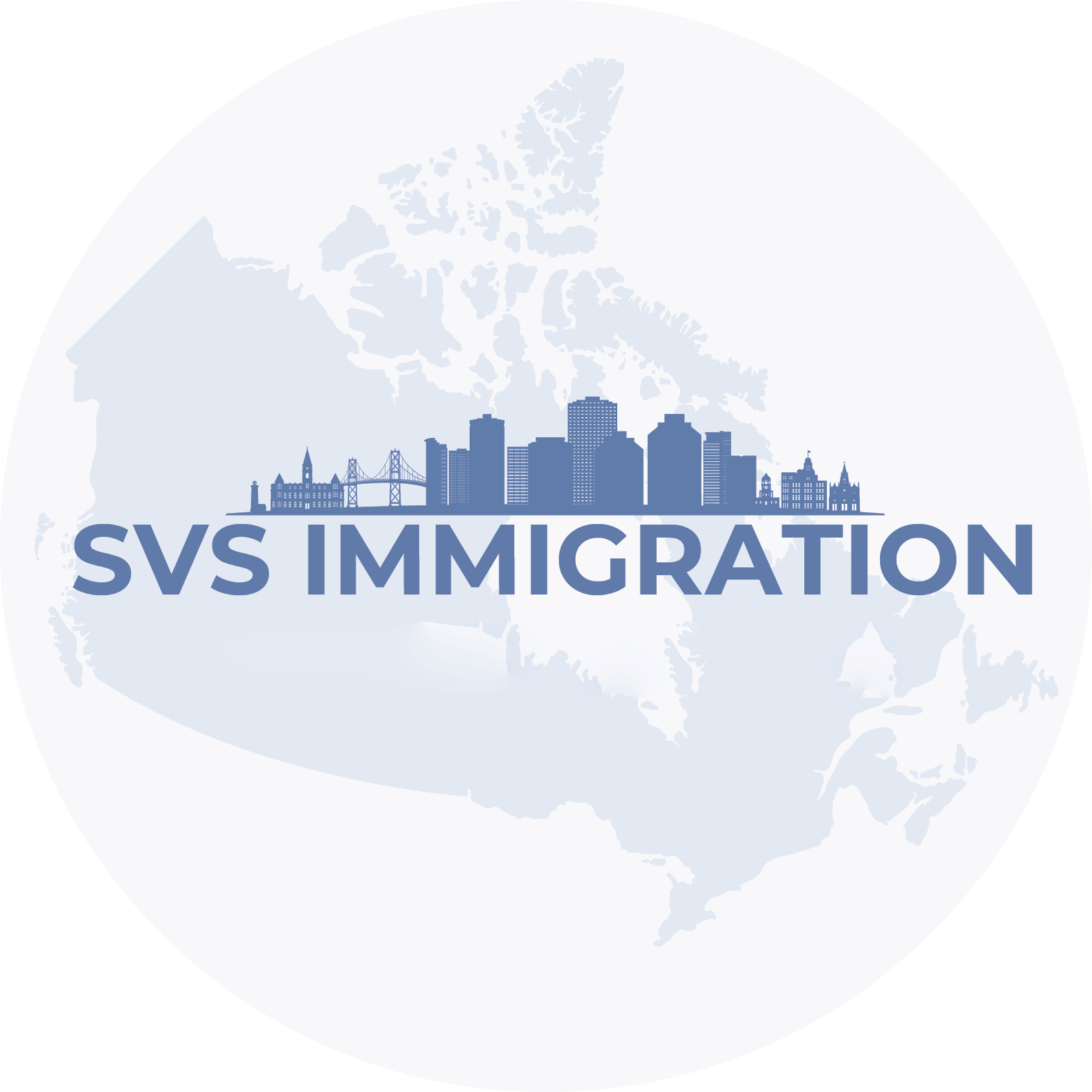Work Permits
Work Permits In Canada
A work permit is an official document issued by the Government of Canada that allows a foreign national to legally work in Canada for a specific period of time. It is not the same as permanent residency — instead, it gives you temporary status and employment rights.
Main Types of Work Permits
Often requires an LMIA (Labour Market Impact Assessment) — a government approval showing that no Canadian worker is available for the position.
Does not require a job offer or LMIA.
Common examples: Post-Graduation Work Permit (PGWP) for international students, and Spousal Open Work Permit for spouses/partners of eligible workers or students.
Examples: CUSMA (Canada–U.S.–Mexico Agreement), Intra-Company Transfers, and Working Holiday permits under the International Experience Canada program.
Key Terms You Should Know
A work permit is an official document issued by the Government of Canada that allows a foreign national to legally work in Canada for a specific period of time. It is not the same as permanent residency — instead, it gives you temporary status and employment rights.
Main Types of Work Permits
- Employer-Specific (Closed) Work Permit
Often requires an LMIA (Labour Market Impact Assessment) — a government approval showing that no Canadian worker is available for the position.
- Open Work Permit
Does not require a job offer or LMIA.
Common examples: Post-Graduation Work Permit (PGWP) for international students, and Spousal Open Work Permit for spouses/partners of eligible workers or students.
- International Mobility Programs
Examples: CUSMA (Canada–U.S.–Mexico Agreement), Intra-Company Transfers, and Working Holiday permits under the International Experience Canada program.
Key Terms You Should Know
- LMIA (Labour Market Impact Assessment) - a document an employer may need before hiring a foreign worker. It shows the job cannot be filled by a Canadian citizen or permanent resident.
- Closed Work Permit - another name for an employer-specific permit (restricted to one employer).
- Open Work Permit - allows work for almost any employer in Canada (with limited exceptions).
- PGWP (Post-Graduation Work Permit) - for international students who have completed studies in Canada.
- Spousal Open Work Permit - for spouses or partners of certain workers or students.
Your Immigration Journey Starts Here
To receive guidance that reflects your unique circumstances, I invite you to schedule a consultation. With a personalized approach, we will build an immigration plan that fits your needs and future plans
Contact Us
- info@svsimmigration.ca
- tel. +1 (782) 234-41-85
- 36 Brookshire Ct, Bedford, NS
- B4A 4E9, Canada
Legal

